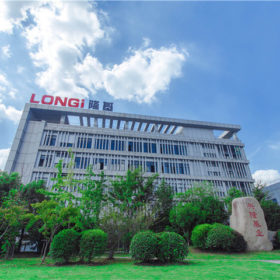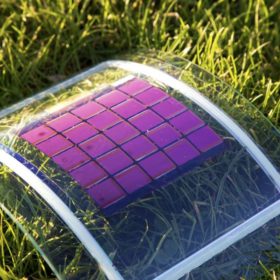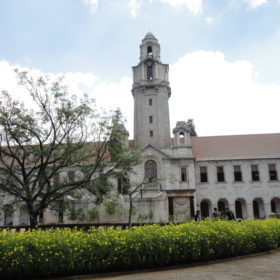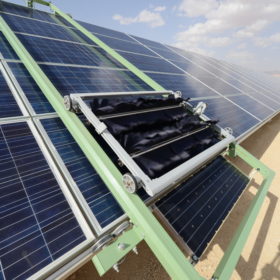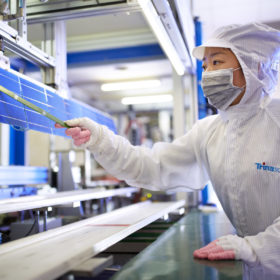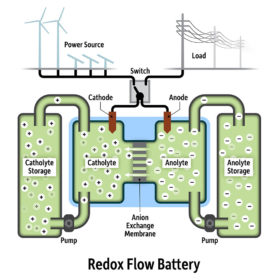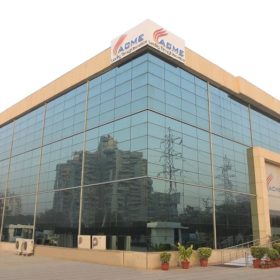Berkeley Lab scientists confirm century-old theory of high performance batteries
Researchers in the U.S. have confirmed the existence of a novel state of the element manganese, first proposed in a journal dating from 1928, which could allow for the development of low-cost, high performance batteries for grid level, and other energy storage applications.
Interview: Su-kam is building solar hybrid inverters
Su-kam Power Systems Ltd, Managing Director, Kunwer Sachdev speaks to pv magazine about the latest developments in Inverter technology. Moreover, he talks about the solar market in India from the inverter perspective, Su-Kam products Solarcon and Brainy, and he explained why DC electricity is superior to AC.
China’s Longi claims 23.6% efficiency for its PERC monocrystalline cells
Only one month after announcing a PERC module efficiency of 20.41%, the Chinese solar manufacturer announced it has now achieved a 23.6% efficiency for its PERC monocrystalline cells, thus beating its own previous records.
Unique properties of organic polymer solar cells expected to open niche market opportunities
While they cannot match the durability and efficiency of inorganic silicon-based solar cells, organic polymer solar cells show potential to provide power to remote microwatt sensors, wearable technology and the Wi-Fi-connected devices constituting the Internet of Things.
Indian Scientists develops a next generation clean energy technology
A supercritical carbon dioxide Brayton test loop facility has been developed at Indian Institute of Science (IISc), Bangalore. Scientists claim that the technology has the potential to replace nuclear and thermal power plants. The loop technology could vastly reduce the water consumption, with less emissions of greenhouse gases.
Ecoppia deploys water-free robotic solution to clean 1 GW PV panels in Rajasthan
Ecoppia’s fully automated water-free solar panel cleaning solution is on track to clean over 1 GW of panels in the cutting-edge Bhadla solar park by the end of 2018.
China’s Trina Solar hits new efficiency record for IBC cell
Trina Solar has set a new record of 25.04% total area efficiency for an n-type interdigitated back contact (IBC) solar cell. The record has been independently verified by Japan Electric Safety and Environmental Technology Laboratory.
U.S. researchers develop new redox flow compound
A team of scientists from the U.S. University of Rochester has developed a compound which it says could double the effectiveness of redox flow batteries, and ‘transform the energy storage landscape’.
ACME Cleantech plans 2-3 GWh lithium-ion battery manufacturing by 2020
Clean energy solution provider ACME Cleantech is planning to expand its current li-ion production capacity of 350 MWh to as much as 3 GWh by 2020. The company has also designed a charging plus swapping station for li-ion batteries to provide clean transport solutions.
Interview: Hi Physix Lab, a new solar testing facility in India
In an interview with pv magazine, Hi Physix Laboratory India Pvt Ltd CEO, Pankaj Rai discusses the company’s solar venture, including a new testing facility, which will assess crystalline and thin film PV products, and batteries.


